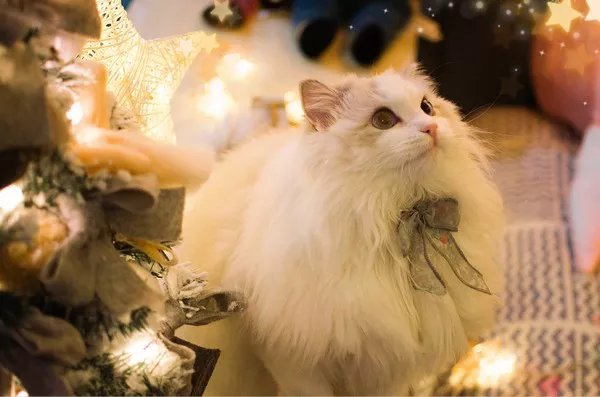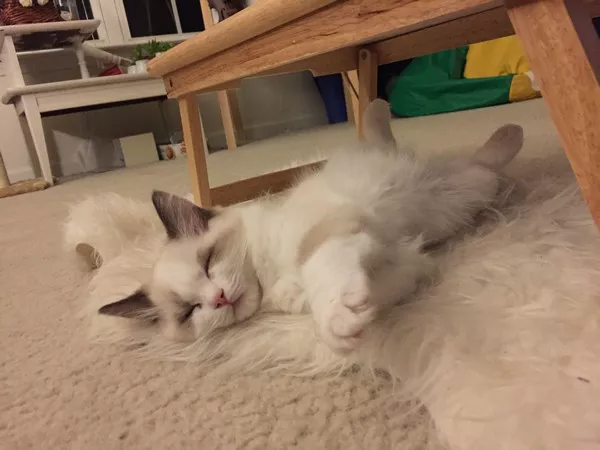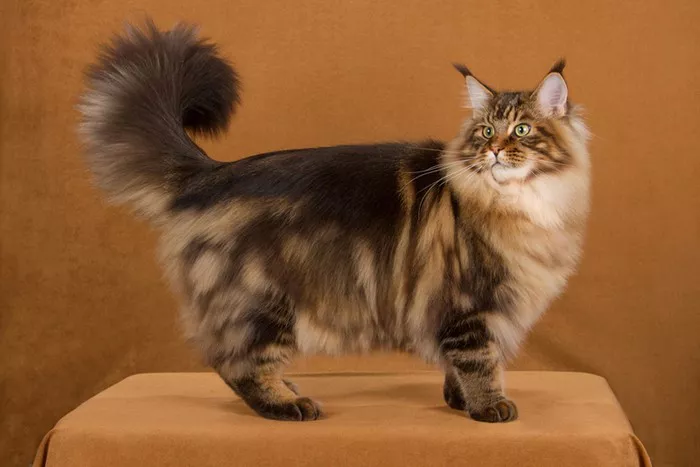Welcoming a Ragdoll kitten into your home is an exciting and rewarding experience. Known for their striking blue eyes, color-point patterns, and affectionate nature, Ragdolls have captured the hearts of cat enthusiasts around the world. However, selecting the right Ragdoll kitten requires careful consideration and awareness of specific factors to ensure a harmonious and fulfilling relationship. In this guide, we will explore the essential aspects to consider when buying a Ragdoll kitten, from choosing a reputable breeder to evaluating the kitten’s health, temperament, and living conditions.
Selecting a Reputable Breeder
1. Research and Recommendations: Begin your journey by conducting thorough research on reputable Ragdoll breeders. Seek recommendations from trusted sources, such as local cat clubs, veterinarians, or online communities dedicated to cat enthusiasts. Personal testimonials and positive experiences from other Ragdoll owners can provide valuable insights into potential breeders.
2. Visit Cattery Websites: Reputable breeders often have informative websites that showcase their cattery, breeding practices, and available kittens. Browse through these websites to gather information about the breeder’s philosophy, commitment to the breed standard, and the overall well-being of their cats.
3. Check for Accreditation: Look for breeders who are recognized and accredited by reputable cat breeding organizations and associations. A breeder who adheres to established standards and ethical practices is more likely to prioritize the health and welfare of their Ragdoll kittens.
4. Ask Questions: When in contact with potential breeders, don’t hesitate to ask questions about their breeding practices, socialization methods, and the overall care provided to the kittens. A responsible breeder will be open and transparent, addressing any concerns you may have.
Assessing the Health of the Ragdoll Kitten
1. Health Guarantee: Reputable breeders often provide a health guarantee for their kittens. This guarantee typically includes a commitment to the kitten’s overall well-being, vaccinations, and screening for common genetic conditions. Ensure that you receive a written health guarantee and ask about the breeder’s policies regarding potential health issues.
2. Vaccination Records: Request documentation of the kitten’s vaccination history. Ragdoll kittens should receive age-appropriate vaccinations to protect against common feline diseases. A responsible breeder ensures that kittens are up-to-date on vaccinations before they go to their new homes.
3. Genetic Testing: Ragdoll cats can be prone to certain genetic conditions. Inquire about the breeder’s genetic testing practices to identify potential health concerns. A responsible breeder conducts thorough genetic testing on their breeding cats to minimize the risk of hereditary conditions in their kittens.
4. Veterinary Care: Ensure that the Ragdoll kitten has received regular veterinary check-ups and has been dewormed. A reputable breeder prioritizes the health of their kittens and provides necessary veterinary care to ensure they are in optimal health before being placed in new homes.
Evaluating the Ragdoll Kitten’s Temperament
1. Socialization Practices: Ragdoll kittens benefit greatly from early socialization. Inquire about the breeder’s socialization practices, including exposure to various environments, people, and other animals. A well-socialized kitten is more likely to adapt smoothly to new surroundings and form strong bonds with their human family.
2. Observing Interactions: Spend time observing the Ragdoll kitten’s interactions with their littermates and the breeder. A well-adjusted kitten should exhibit curiosity, playfulness, and positive engagement with their surroundings. Avoid kittens that display excessive fear, aggression, or withdrawal.
3. Handling and Touch: Gently handle the Ragdoll kitten to assess their comfort with human touch. Ragdolls are known for their “going limp” behavior, a trait where they relax when held, showcasing their trusting and affectionate nature. A kitten that resists handling or exhibits signs of distress may require additional socialization.
4. Individual Personality: Keep in mind that each Ragdoll kitten has its own unique personality. Some may be more outgoing and playful, while others may display a more laid-back or reserved demeanor. Consider your own lifestyle and preferences when evaluating the individual personalities of available kittens.
Ensuring a Suitable Living Environment
1. Clean and Safe Conditions: When visiting the breeder’s cattery, assess the living conditions of the cats and kittens. A clean and well-maintained environment is indicative of the breeder’s commitment to the health and welfare of their feline companions. Ensure that litter boxes, sleeping areas, and feeding stations are kept sanitary.
2. Interaction with Other Cats: Observe how the Ragdoll kitten interacts with other cats in the cattery. Positive interactions with littermates and adult cats contribute to the kitten’s social development. A breeder who encourages positive social dynamics among their cats fosters a healthy and well-adjusted environment.
3. Access to Stimulating Environments: Ragdoll kittens thrive in environments that offer stimulation and enrichment. Ensure that the cattery provides opportunities for play, exploration, and mental stimulation. Kittens exposed to various toys, climbing structures, and interactive experiences are more likely to develop into well-rounded adults.
4. Nutrition and Feeding Practices: Inquire about the breeder’s nutrition and feeding practices for their Ragdoll kittens. A balanced and nutritious diet is crucial for the kittens’ growth and development. A responsible breeder provides information on the type of food the kittens are accustomed to and offers guidance on a suitable diet for their new homes.
Building a Relationship with the Breeder
1. Open Communication: Establish open and honest communication with the breeder. A responsible breeder values the relationship they build with potential owners and is available to answer questions, provide guidance, and offer support throughout the kitten adoption process.
2. Visit the Cattery: Whenever possible, arrange a visit to the breeder’s cattery to meet the kittens, observe their living conditions, and interact with the breeder in person. A visit allows you to assess the environment firsthand and build a connection with the breeder.
3. References and Reviews: Request references from previous adopters or seek online reviews from individuals who have obtained Ragdoll kittens from the breeder. Positive references and reviews are indicators of a breeder’s commitment to the well-being of their cats and satisfaction among adoptive families.
4. Educational Resources: A reputable breeder provides educational resources and guidance to new Ragdoll owners. This may include information on grooming, nutrition, enrichment, and healthcare. A breeder who prioritizes ongoing support contributes to the success of the kitten’s transition into its new home.
Conclusion
Choosing a Ragdoll kitten is a significant decision that involves careful consideration of various factors. By selecting a reputable breeder, assessing the kitten’s health and temperament, and ensuring suitable living conditions, you set the foundation for a fulfilling and enriching relationship with your new feline companion. Remember that bringing a Ragdoll kitten into your home is not just a purchase; it is a commitment to providing love, care, and a nurturing environment for a beloved member of your family.


























